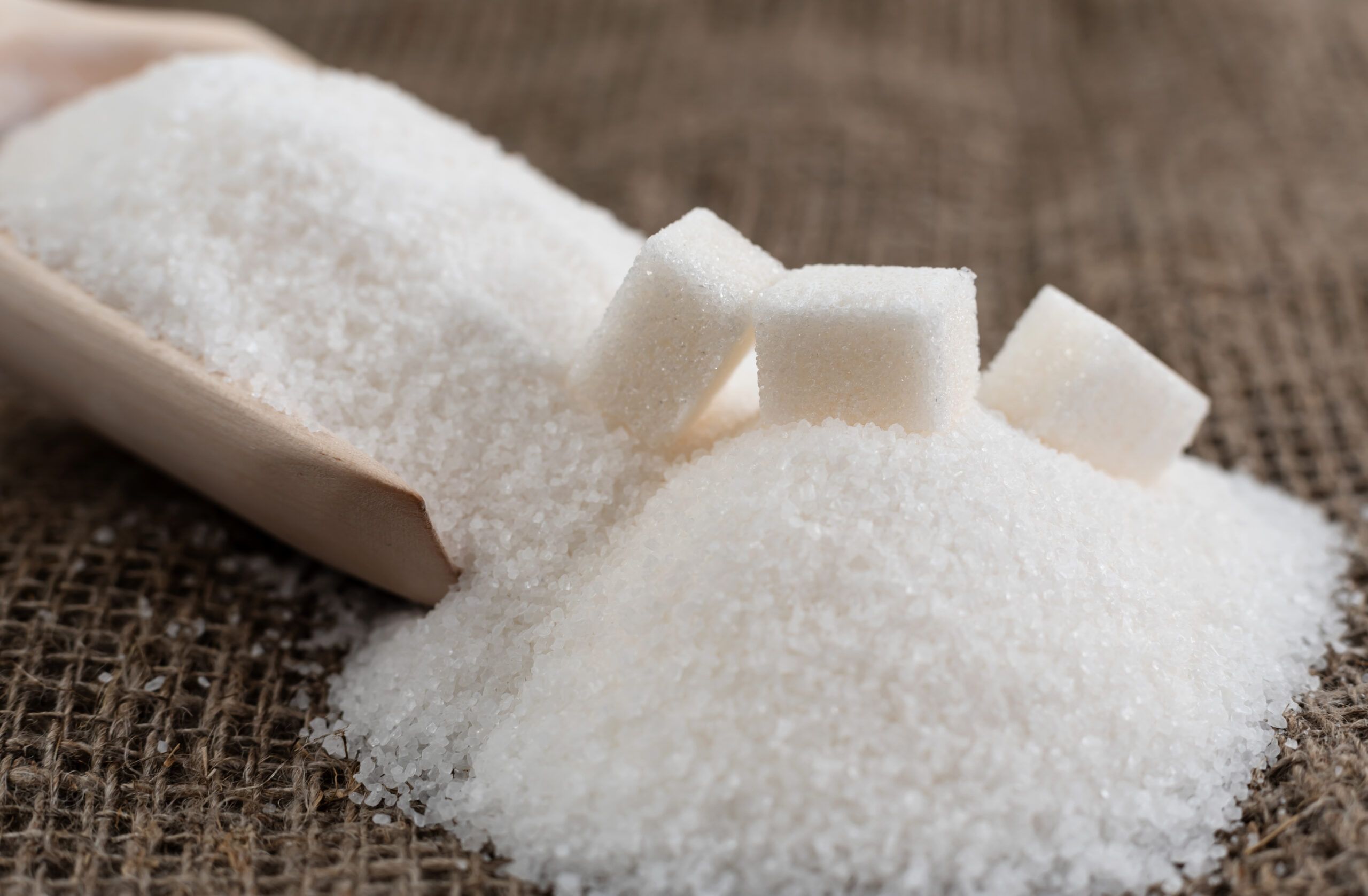
Are Artificial Sweeteners Bad For Your Teeth?
Many patients are aware of the effect sugar has on our teeth and overall health, but what about artificial sweeteners? Artificial sweeteners do not affect your teeth in the same way that sugar does. Sugar substitutes are often considered better for dental health because they do not cause tooth decay and other health issues, but do they have an impact on oral health? Whether you often sip on diet sodas, chew sugar-free gum, or add artificial sweetener packets to your other daily beverages, it’s important to understand how this affects your oral health. Read below to learn more about the differences between natural sugar and artificial sweeteners and the impact these have when making decisions about your dental health.
How Sugar Affects Your Teeth
High amounts of sugar are a leading cause of dental cavities. The bacteria inside the plaque on your teeth use the sugar as energy to release acid on your teeth. Through a process called demineralization, this acid dissolves the enamel on your teeth, making them sensitive and causes cavities. If your teeth are not cleaned properly, and high amounts of sugar are not avoided in your diet, your teeth are at greater risk for decay.
If you consume lots of sugary drinks and snacks and are becoming concerned about how it affects your overall and oral health, contact your dentist today. At Lindner Dental Associates, we have a team of trusted dentists who are here to address your concerns regarding your eating habits and oral health. Contact us today for an appointment.
How Artificial Sweeteners Affect Your Teeth
Artificial sweeteners may affect your dental health differently than natural sugar. Below
are some of the impacts artificial sweeteners can have on your teeth.
Pay Attention To Acidity
Artificial sweeteners can be found in diet sodas or other sugar-free carbonated beverages. While the sweeteners in these beverages may not be harmful to your teeth, the acidity in these beverages can be. Overconsuming these acidic beverages can cause acid environments in the mouth. This means that high amounts of acid can cause the eroding of tooth enamel regardless of whether natural or artificial sugar is consumed. Be cautious of the amount of diet sodas you add to your diet if you want to practice good oral health regimens.
Reduced Risk of Cavities
Compared to sugar, most artificial sweeteners will not feed the bacteria in the mouth to produce acid, leading to dental cavities. Artificial sweeteners that include xylitol inhibit the growth of bacteria that are associated with tooth decay. Xylitol is commonly found in sugar-free gum making it a healthy addition to your lifestyle.
No Sugar Crashes
When choosing sugar-free snacks and beverages, you will experience fewer sugar crashes—a sugar crash results from your blood sugar dropping, resulting in decreased energy levels. Sugar crashes may cause you to feel fatigued and hungry. This can also cause you to choose sugary snacks or other unhealthy snacks and beverages when your body feels hungry or unsatisfied after a sugar crash. When choosing snacks and drinks without sugar, your body can avoid those sugar crashes and cravings, which can be healthier for oral health in the long run.
Keep Your Smile Healthy With Lindner Dental Associates
A healthy and balanced diet has a significant impact on your oral health. Eating sweets in
moderation is fine, but if you are afraid your sweet tooth is affecting your oral health, our dental
team is here to help. We offer comprehensive oral exams and dental cleanings to ensure your
teeth are healthy and free of dental cavities. Regardless of whether you are having natural
sugar or artificial sugar and sweeteners, maintaining good brushing habits, including flossing
and mouthwash daily, will help preserve your oral health. For a complete dental checkup, give
our team a call at 603-624-3900.
Categories
Recent Posts






